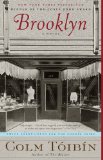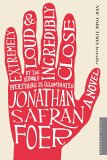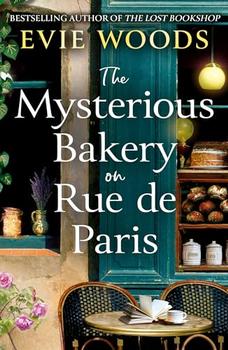Summary | Excerpt | Reading Guide | Reviews | Beyond the book | Read-Alikes | Genres & Themes | Author Bio

Paul Auster's warmest, most exuberant novel, a moving and unforgettable hymn to the glories and mysteries of ordinary human life.
Through Tom and Harry, Nathan's world gradually broadens to include a new set of
acquaintances - not to mention a stray relative or two - and leads him to a
reckoning with his past.
Among the many twists in the delicious plot are a scam involving a forgery of
the first page of The Scarlet Letter, a disturbing revelation that takes place
in a sperm bank, and an impossible, utopian dream of a rural refuge. Meanwhile,
the wry and acerbic Nathan has undertaken something he calls The Book of Human
Folly, in which he proposes "to set down in the simplest, clearest language
possible an account of every blunder, every pratfall, every embarrassment, every
idiocy, every foible, and every inane act I had committed during my long and
checkered career as a man." But life takes over instead, and Nathan's despair is
swept away as he finds himself more and more implicated in the joys and sorrows
of others.
The Brooklyn Follies is Paul Auster's warmest, most exuberant novel, a moving
and unforgettable hymn to the glories and mysteries of ordinary human life.
Paul Benjamin Auster was born on February 3, 1947 in Newark, New Jersey.
His father, Samuel Auster, was a landlord; his mother, Queenie was about 13
years younger than her husband; the marriage was not a happy one.
Auster's passion for reading began when he was about 12 and his uncle, Allen
Mandelbaum (a professor of Italian literature, a poet, and a prolific
translator) left several boxes of books in storage in the Auster's house while
he traveled to Europe. Paul read the books avidly and developed an
interest in writing and literature that further accentuated his feeling that he
was "an internal émigré, an exile in my own house." (from
his memoir, Hand to Mouth)
He went to school in ...
This "beyond the book" feature is available to non-members for a limited time. Join today for full access.

If you liked The Brooklyn Follies, try these:

by Colm Toibin
Published 2010
Hauntingly beautiful and heartbreaking, Colm Tóibín's sixth novel, Brooklyn, is set in Brooklyn and Ireland in the early 1950s, when one young woman crosses the ocean to make a new life for herself.

Extremely Loud and Incredibly Close
by Jonathan Safran Foer
Published 2006
Unafraid to show his traumatized characters' constant groping for emotional catharsis, Foer demonstrates once again that he is one of the few contemporary writers willing to risk sentimentalism in order to address great questions of truth, love and beauty.



If passion drives you, let reason hold the reins
Click Here to find out who said this, as well as discovering other famous literary quotes!